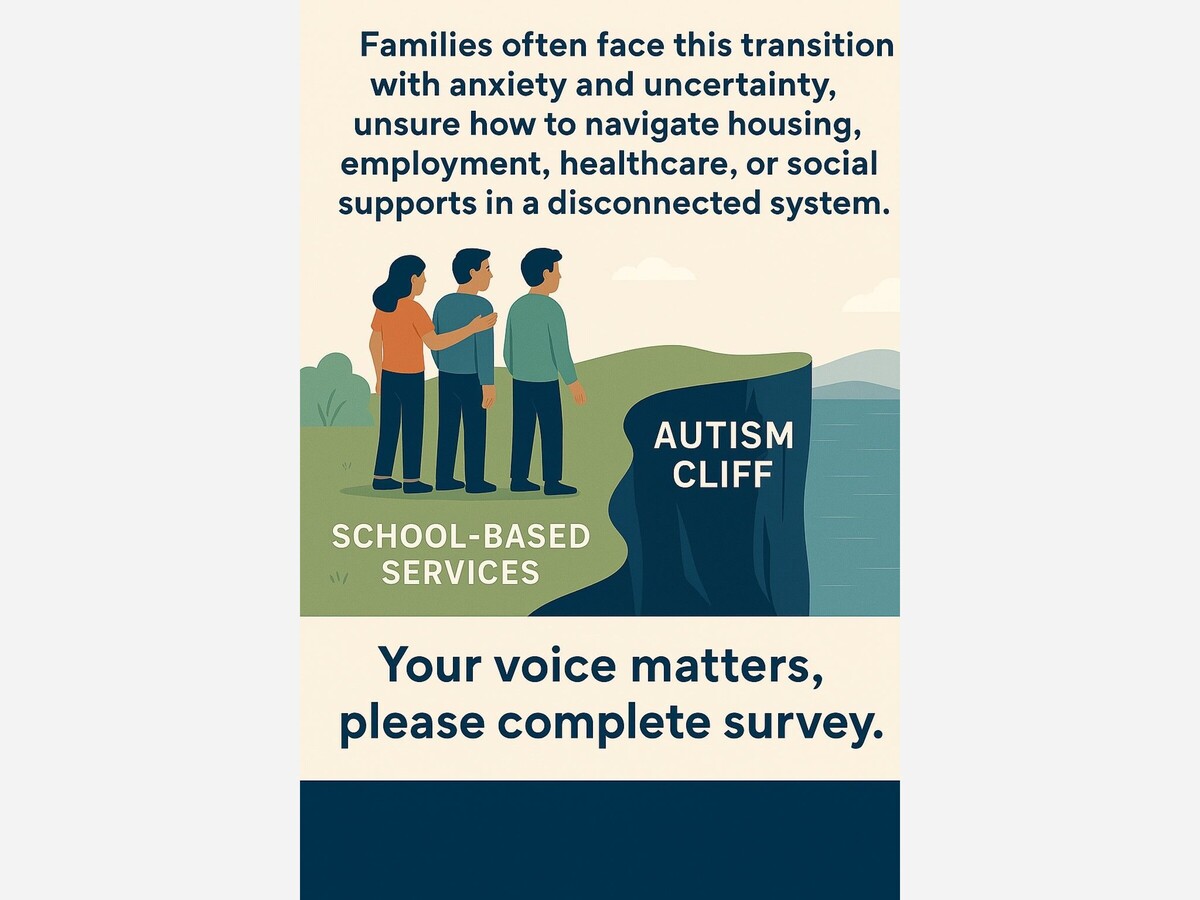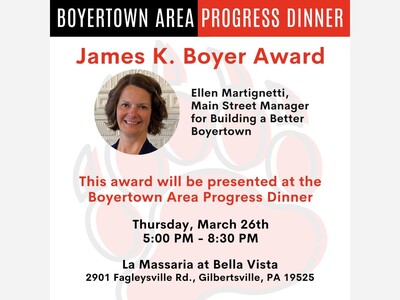Pennsylvania Advocates Launch Statewide Survey to Design Post-Secondary Transition Program for Neurodivergent Young Adults
A grassroots team of Pennsylvania educators, parents, and advocates has launched a statewide survey to help design a critically needed post-secondary transition pilot program for neurodivergent young adults. The goal is to ensure that autistic and ADHD young adults thrive after graduating high school and throughout their lives. This pilot program will provide tailored support and resources to help them navigate their successful transition to postsecondary education and independent living.
“This is about meeting real needs with real solutions,” says Michele D. Barrett, M.Ed., the educator leading the effort. “Too many young people with the ability to succeed are falling through the cracks—especially when it comes to executive functioning, social support, and independent living.”
The proposed one-year residential pilot will offer customized support across seven critical domains: social development, academics, employment readiness, independent living, health & wellness, creative expression, and executive functioning. Inspired by successful models like the College Internship Program (CIP) in Lee, MA, the Pennsylvania version would prioritize flexibility, emotional well-being, and individualized care.
“This program is not about forcing students into predefined boxes,” adds Diane Hallman, a parent and Partner at Approach Advisors. “It’s about building scaffolds for capable young adults—so they can move forward with strength and confidence.”
Why It Matters
While most post-secondary transition efforts focus solely on academic accommodations, this program prioritizes emotional and practical needs so that student develop personal agency. The initiative is grounded in the principle “Maslow before Bloom”—the idea that cognitive development can't happen without first addressing safety, connection, and confidence.
The risks of inaction are stark:
- 25% of autistic youth under 25 report suicidal thoughts
- Only 15–34% of autistic college graduates are employed full-time, despite strong academic abilities
- Many fall off the so-called “autism cliff” at age 22, when school-based services end and adult support systems remain fragmented, confusing, or absent
Families often face this transition with anxiety and uncertainty, unsure how to navigate housing, employment, healthcare, or social supports in a disconnected system.
“We’re not talking about a skills problem. We’re talking about a support problem,” Hallman says.
Employment challenges are especially stark: despite earning degrees, autistic college graduates often face barriers in hiring, communication, and workplace accommodation. Traditional interviews favor neurotypical norms. Many fear disclosing their diagnosis. And most employers remain unaware of how to support neurodiverse talent.
“We need to change that—not just with education, but with the right systems of support,” Barrett adds.
About the Survey
The survey is anonymous, takes approximately 15 minutes, and welcomes input from:
- Neurodivergent individuals aged 16–26
- Parents, guardians, educators, clinicians, and other supporters
Participants may complete the survey for themselves or on behalf of someone they know well. No identifying information is required unless the respondent wishes to receive a copy of their submission.
Click here to help shape the future of neurodivergent transition support in Pennsylvania. https://forms.gle/uTW6d1WAbQqXwg2o9
About the Initiative
This effort is led by Michele D. Barrett, M.Ed., an educator and curriculum specialist, in partnership with Diane Hallman, a parent and business consultant at Approach Advisors. The initiative is supported by a growing network of families, educators, clinicians, and community members dedicated to reimagining the transition to adulthood for neurodivergent youth.
The goal is to develop a flexible, person-centered pilot program that prioritizes well-being, autonomy, and long-term success.














